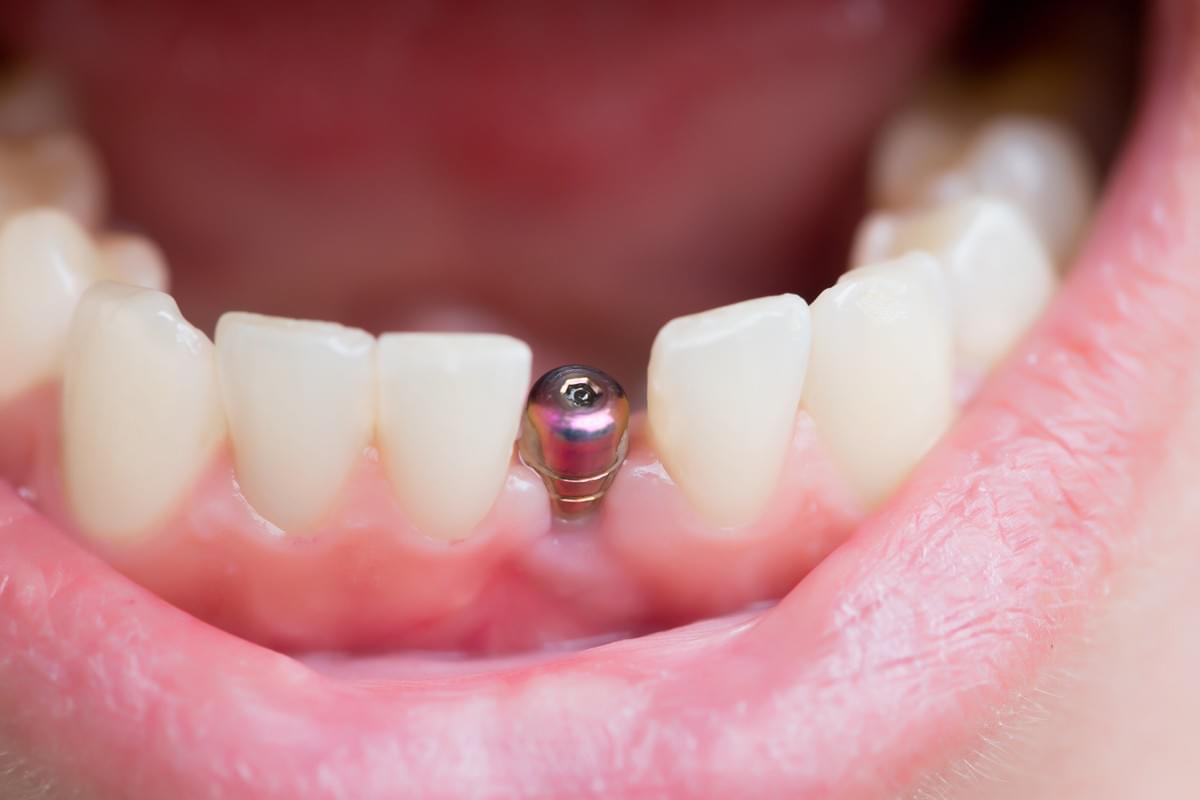
If you are missing teeth and are considering dental implants, there are many advantages to consider. For one, they can help prevent bone loss in your jaw. When a tooth is lost, the jawbone naturally begins to deteriorate. When this occurs, other teeth will also fall out and your face may look sunken. An implant will prevent this by integrating with the jawbone, providing the jawbone with the stimulus it needs to prevent further deterioration.
This results in a younger appearance, improved oral health and improved overall health.Dental implants are not without risks, but they are well worth the risk. Because they require surgery, there is always some risk involved. In addition to the high risk of surgery, dental implants carry a five to ten percent complication rate. Common complications include delayed bone healing, nerve damage, and jaw fracture. These are extremely rare, but you should be aware of the risks. In order to protect yourself from serious complications, you should talk to your doctor before undergoing any procedure.
If you have had a dental implant, it is important to practice good oral hygiene and follow the instructions given by the dentist. A dentist will recommend you eat soft foods for a couple of weeks after the procedure. They will also advise you to stop smoking, as smoking can negatively affect the quality of the dental implant. After your gums heal, the dental professional will remove the sutures and check for any infection or improper growth.
Then, your toronto best dental implants dentist will place the replacement tooth, called a crown, onto the abutment. If you're considering dental implants, you must remember to follow all post-op instructions. Your dentist may prescribe soft foods for a while to prevent infection. He or she may also urge you to quit smoking as it can adversely affect dental implants. Afterwards, your dental professional will remove the sutures to ensure proper healing of your gums.
After the sutures are removed, the dentist will examine the gums to ensure that there is no infection and that the new teeth are growing properly.You can still have dental implants if your maxillary sinus is not sufficiently able to support the new teeth. The maxillary sinus is a tiny air-filled space that limits the amount of bone available for dental implants. A dentist can raise the sinus floor and graft more bone into the sinus. Aside from giving you a fuller smile, dental implants can also help improve your health. The titanium fixture that is placed in the jaw will stabilize the new tooth. For more details on dental toronto implant procedures, see page here!
Patients who lose teeth often need to replace all of their teeth with dental implants. These procedures are designed to replace a missing tooth's root, ensuring that it does not fall out. Moreover, dental implants will maintain the integrity of your jaw bone. Therefore, they will keep your jawbone healthy and help you chew food more effectively. This means that your mouth will look better and you'll be more confident with your new teeth. If you are missing a single tooth, you can consider dental implants to replace the entire set of missing teeth.
Check out this link https://en.wikipedia.org/wiki/History_of_dental_treatments for a more and better understanding of this topic